Beets: The Superfood You Need to Know About and How to Eat It
Do you love beets? If you do, you are not alone. Beets are one of the most popular vegetables in the world, and for good reasons. They are delicious, versatile, and nutritious. In this article, we will explore the health benefits of beets and how you can incorporate them into your diet. Beets can be eaten raw or cooked, juiced or blended, roasted or boiled, grated or sliced, in salads or soups, and more. They can also be made into wine, vinegar, or sugar. Beets have a sweet and earthy flavor that can complement any dish.
But did you know that beets are also a superfood? A superfood is a food that has many health benefits for your body and mind. Beets are loaded with nutrients, antioxidants, and nitrates that can lower your blood pressure, improve your athletic performance, support your digestive health, protect against cancer, improve your cognitive function and brain health, support your liver health and detoxification, boost your immune system and fight infections, and fight inflammation. Beets are one of the best vegetables you can eat for your health and happiness.
In this blog post, you will learn everything you need to know about beets, including how to choose and enjoy different varieties of beets, how to incorporate beets into your diet and lifestyle, and how to reap the amazing benefits of beets for your health and happiness. By the end of this post, you will discover why beets are a superfood that you need to know about and how to eat it.
Este artículo también está disponible en Español
The Fascinating History of Beets: From Medicine to Cosmetics to Space Food
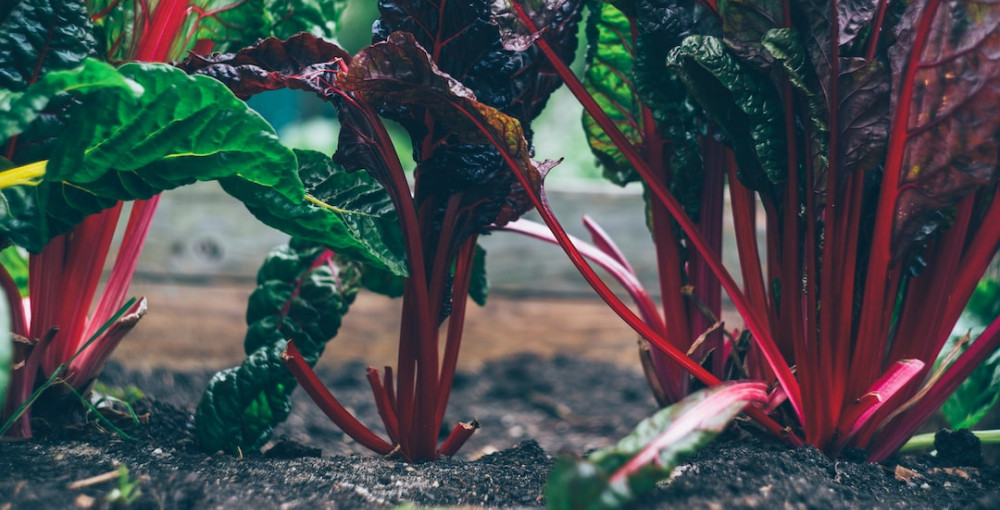
Beets have a long and rich history that spans across different cultures and civilizations. Beets were first cultivated around 2000 BC in the Mediterranean region, where they were used as medicine for various ailments, such as headaches, toothaches, constipation, and wounds.
The ancient Greeks and Romans valued beets for their medicinal properties and also offered them to the god Apollo as a symbol of gratitude and friendship. Beets were also used as a natural dye for fabrics, hair, and cosmetics. In Victorian England, women used beet juice to dye their hair red, which was considered fashionable at the time.
Beets also played a role in politics and diplomacy. In the Soviet Union, cosmonauts gave beet soup to American astronauts as a gesture of camaraderie during the Cold War. Beets were also a symbol of resistance and solidarity in Poland during the communist regime. In 1981, when martial law was imposed, people wore red-and-white pins made from beetroot peels to show their support for the democratic movement.
Beets can also be made into wine, vinegar, or sugar, which are still popular products today. Beets have been used for many purposes besides food and medicine throughout history. They have been a source of inspiration, creativity, and friendship for many people. Beets are a fascinating vegetable that has a lot to offer.
The Nutritional Powerhouse of Beets: What Makes Them So Good for You
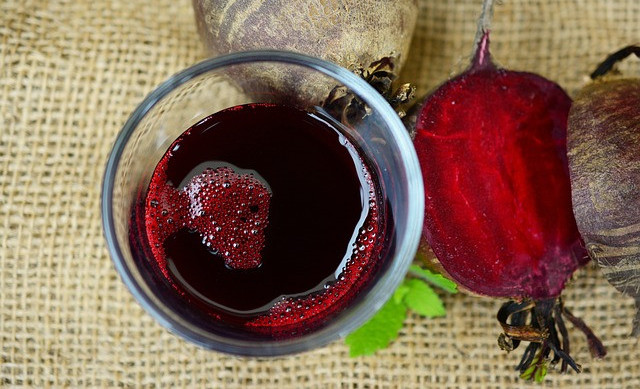
Beets are not only tasty and versatile, but also incredibly nutritious. They have the highest sugar content of any vegetable, but they also contain many antioxidants, anti-inflammatory agents, and nitrates that can help lower blood pressure, improve stamina, and prevent cancer.
Beets are edible from top to bottom. The leaves, stems, and roots can all be consumed raw or cooked in various ways. The leaves are rich in vitamins A and K, which are important for eye health and blood clotting. The roots are a good source of folate, manganese, copper, and potassium, which are essential for DNA synthesis, bone health, wound healing, and nerve function.
Beets also provide other vitamins and minerals, such as vitamin C, vitamin B6, iron, magnesium, phosphorus, zinc, selenium, and more. Vitamin C is essential for the production and function of white blood cells, the main defender of your body against pathogens. It also helps heal wounds and repair tissues.
Vitamin B6 is important for the metabolism of amino acids, the building blocks of proteins. Vitamin B6 also helps regulate mood and sleep hormones. Iron is necessary for the synthesis of hemoglobin, a protein that carries oxygen to all cells of your body, including those of your immune system. Iron deficiency can impair your immune response and make you more susceptible to infections.
Beets are low in calories but high in fiber, which can help you feel full longer and support your digestive health. Fiber can help prevent constipation, lower cholesterol, and regulate blood sugar levels. Fiber can also feed the beneficial bacteria in your gut, which can improve your digestion and immunity. Beets are a nutritional powerhouse that can benefit your health in various ways.
The Colorful World of Beets: How to Choose and Enjoy Different Varieties
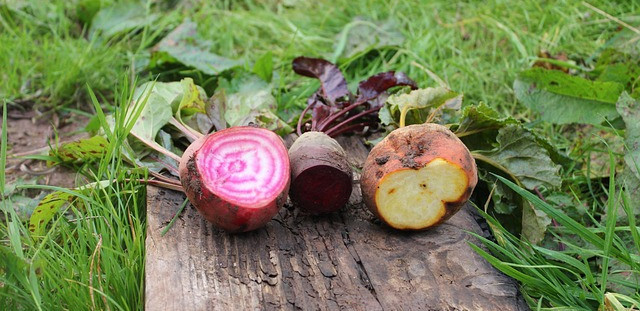
Beets come in different colors, shapes, and sizes. The most common beets are red or purple, but there are also yellow (golden), white (albino), or striped (chioggia) varieties. Some beets can be as small as a marble (baby beets) or as big as a basketball (mangelwurzel). Each variety has its own flavor profile and texture.
Red beets are sweet and earthy, yellow beets are mild and buttery, white beets are slightly bitter, and striped beets are peppery. You can choose the variety that suits your taste buds and preferences. You can also mix different varieties to create colorful dishes that appeal to your eyes as well as your palate.
How do you choose the best beets? Here are some tips to help you:
- Look for beets that are firm, smooth, and free of cracks, bruises, or soft spots. The skin should be shiny and the color should be vibrant.
- Choose beets that have fresh and green leaves attached. The leaves should be crisp and bright, not wilted or yellow. The leaves are edible and nutritious, so don’t throw them away.
- Avoid beets that are too large or too small. Large beets may be tough and woody, while small beets may be dry and bitter. Medium-sized beets are usually the best.
- Store beets in a cool and dark place, such as the refrigerator or a cellar. Cut off the leaves before storing, leaving about an inch of stem attached to the root. This will prevent the beets from losing moisture and flavor. The roots can last for several weeks, while the leaves can last for a few days.
The Amazing Benefits of Beets: How They Can Improve Your Health in Various Ways

Beets are not just a delicious vegetable; they are also a powerful ally for your health and well-being. They offer many amazing benefits that can improve your physical and mental health in various ways. Beets load you up with nutrients, antioxidants, and nitrates, giving them their great properties.
Beets are one of the best vegetables you can eat for your health and happiness. In this section, you will learn how beets can improve your health in different ways, backed by scientific evidence. They can benefit your body and mind in amazing ways.
Lower Blood Pressure
One of the most significant health benefits of beets is their ability to lower blood pressure, by increasing the production of nitric oxide, a molecule that relaxes and widens blood vessels. This can improve blood flow and reduce the risk of heart disease.
One study found that drinking beet juice lowered systolic blood pressure by an average of 4-5 points in healthy adults. Another study found that eating whole beets reduced diastolic blood pressure by 6 points in hypertensive patients. Lowering blood pressure can prevent stroke, heart attack, kidney failure, and other complications.
Boost Athletic Performance
Beets can boost athletic performance by enhancing oxygen delivery to the muscles and reducing fatigue. Beets are rich in nitrates, which are converted into nitric oxide in the body. Nitric oxide can increase endurance, speed, and power.
One study found that drinking beet juice improved running performance by 2.8% in trained runners. Another study found that eating beetroot improved cycling performance by 11% in recreational cyclists. Improving athletic performance can help you achieve your fitness goals, burn more calories, and stay healthy.
Beets and Digestive Health
Beets can support digestive health by providing fiber and prebiotics. Fiber can help prevent constipation, lower cholesterol, and regulate blood sugar levels. Fiber can also feed the beneficial bacteria in your gut, which can improve your digestion and immunity.
One study found that eating beetroot increased the diversity and abundance of gut bacteria in healthy adults. Another study found that drinking beet juice increased the production of short-chain fatty acids, which are beneficial for gut health. Supporting digestive health can help you avoid gastrointestinal problems, such as bloating, gas, diarrhea, or constipation.
Protect Against Cancer
Beets can protect against cancer by inhibiting the growth of tumor cells and inducing cell death. Beets contain betalains, a type of pigment that has anti-cancer properties. Betalains can also modulate inflammation and oxidative stress, which are involved in cancer development.
One study found that betalain extract from red beetroot reduced the viability of breast cancer cells by 97%. Another study found that betalain extract from yellow beetroot inhibited the growth of prostate cancer cells by 56%. Protecting against cancer can help you live longer and healthier.
Improve Cognitive Function and Brain Health
Beets can improve your cognitive function and brain health. Beets are rich in nitrates, which can increase blood flow to the brain and enhance its oxygen supply. This can improve memory, attention, and executive function, especially in older adults. Beets also contain betaine, a compound that can prevent the accumulation of homocysteine, a harmful amino acid that can impair brain function and increase the risk of dementia.
One study found that drinking beet juice improved cognitive performance and brain connectivity in older adults with mild cognitive impairment. Another study found that eating beetroot improved reaction time and decision-making in young adults. Improving cognitive function and brain health can help you stay sharp and focused, and prevent cognitive decline and dementia.
Support Liver Health and Detoxification
Beets can support your liver health and detoxification. Beets contain betalains, which are powerful antioxidants that can protect the liver from oxidative stress and inflammation. Betalains can also stimulate the production of glutathione, a key molecule that helps the liver eliminate toxins from the body. Beets also provide fiber and pectin, which can bind to toxins and prevent their reabsorption into the bloodstream.
One study found that drinking beet juice increased glutathione levels and reduced liver damage in rats exposed to a carcinogen. Another study found that eating beetroot reduced liver fat accumulation and improved liver function in obese humans. Supporting liver health and detoxification can help you cleanse your body from harmful substances, such as alcohol, drugs, or pollutants.
Boost Immune System and Fight Infections
Beets can boost your immune system and fight infections. Beets are a good source of vitamin C, which is essential for the production and function of white blood cells, the main defender of your body against pathogens. Vitamin C also helps heal wounds and repair tissues.
Beets also contain iron, which is necessary for the synthesis of hemoglobin, a protein that carries oxygen to all cells of your body, including those of your immune system. Iron deficiency can impair your immune response and make you more susceptible to infections.
One study found that drinking beet juice increased vitamin C levels and enhanced immune response in healthy volunteers. Another study found that eating beetroot increased natural killer cell activity, which is important for fighting viral infections. Boosting your immune system and fighting infections can help you prevent or recover from common colds, flu, or other diseases.
Fight Inflammation
Beets can fight inflammation in your body. Beets contain compounds called betalains and nitrates, which have anti-inflammatory effects. Betalains are pigments that help reduce inflammatory markers in the blood. Nitrates are compounds that help remove harmful substances from the blood. Beets may help fight inflammation in conditions like rheumatoid arthritis, fibromyalgia, obesity, heart disease, liver disease, and cancer.
One study found that drinking beet juice reduced inflammation and pain in patients with knee osteoarthritis. Another study found that eating beetroot reduced inflammation and oxidative stress in patients with chronic obstructive pulmonary disease. Fighting inflammation can help you reduce pain, swelling, and stiffness, and improve your quality of life.
Delicious Ways to Enjoy the Health Benefits of Beets
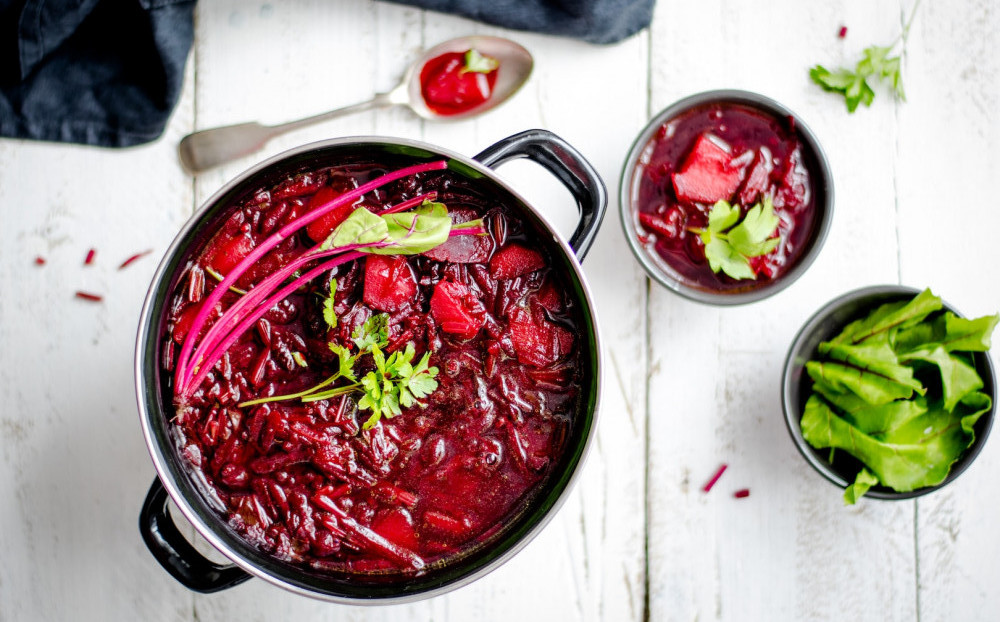
Beets are a wonderful vegetable that can be enjoyed in many different ways. They have a sweet and earthy flavor that can go well with any dish. You can also experiment with different varieties of beets, such as red, yellow, white, or striped. Each one has its own unique taste and texture.
Beets are fun and easy to prepare and cook, and they can add color and nutrition to your meals. To fully enjoy the health benefits of beets, try adding them to your salads or smoothies. Here are some tips and recipes for enjoying beets:
Raw: Beets can be enjoyed raw as a snack or added to salads and sandwiches. They have a crunchy texture and a sweet flavor. You can peel them or leave the skin on, just make sure to wash them well. Grate or slice them thinly with a mandoline or a knife, or use a spiralizer to create beet noodles or ribbons.
Cooked: Beets can be prepared in various ways, such as roasting, boiling, steaming, or microwaving. Cooking them softens their texture and enhances their flavor. You can peel them before or after cooking, but be sure to wear gloves to avoid staining your hands. Cut them into cubes, wedges, or slices, and season with salt, pepper, herbs, spices, oil, vinegar, or lemon juice. You can also mash or puree them to make dips, sauces, or soups.
Juiced or Blended: You can juice or blend beets to make smoothies, juices, or shots. Juicing or blending beets extracts their nutrients and makes them easier to digest. You can combine beets with other fruits and vegetables, such as apples, carrots, celery, ginger, spinach, kale, or cucumber. You can also add water, milk, yogurt, honey, or protein powder to adjust the consistency and taste of your drink.
Conclusion
Beets are a superfood that can boost your health and happiness in various ways. They load you up with nutrients, antioxidants, and nitrates that lower your blood pressure, improve your athletic performance, support your digestive health, protect against cancer, enhance your cognitive function and brain health, support your liver health and detoxification, boost your immune system and fight infections, and reduce inflammation.
Beets are also delicious and versatile, and you can enjoy them in many ways, such as raw or cooked, juiced or blended, roasted or boiled, grated or sliced, salad or soup, and more. They are easy to find, store, and prepare, and they are affordable and sustainable. Beets are one of the best vegetables you can eat for your body and mind, so don’t hesitate to add them to your diet and lifestyle today.
I hope you enjoyed reading this blog post about beets. Beets are a fascinating vegetable that has a lot to offer.
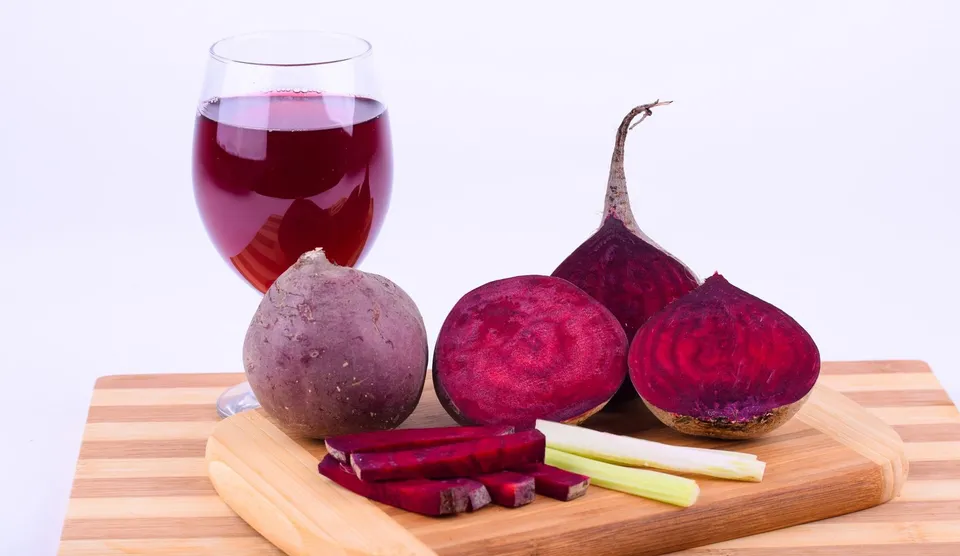
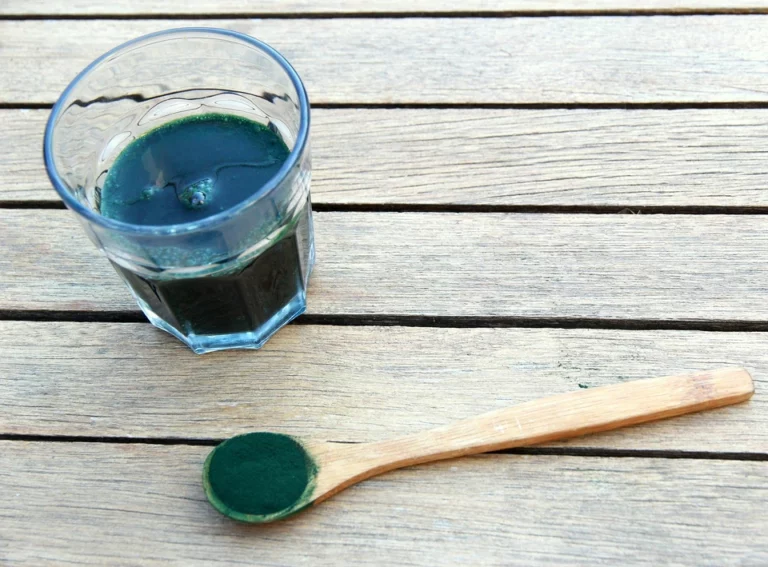
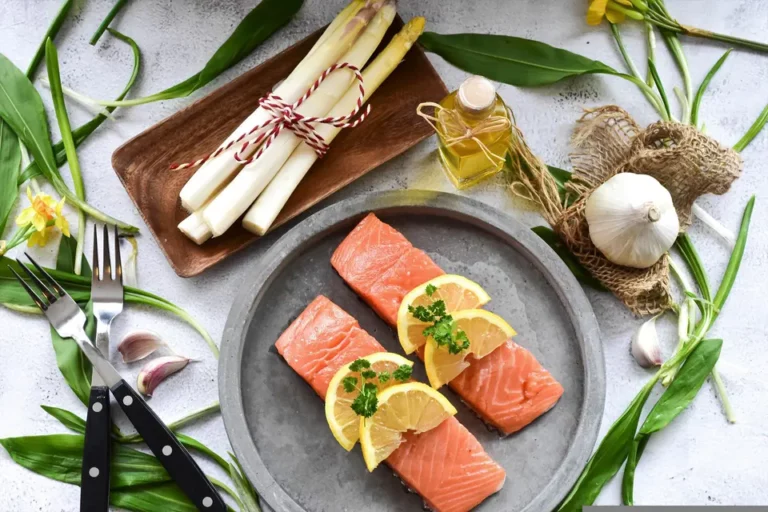


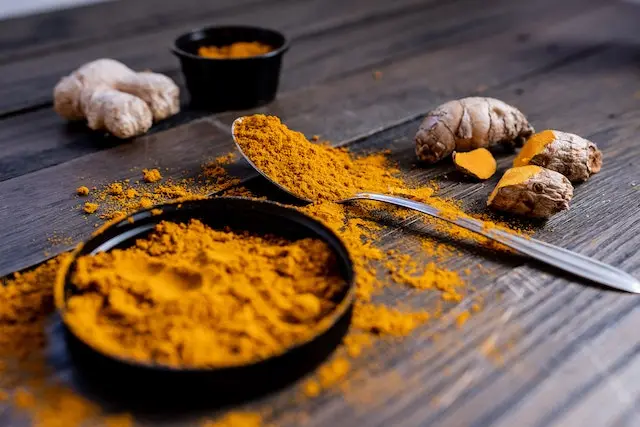
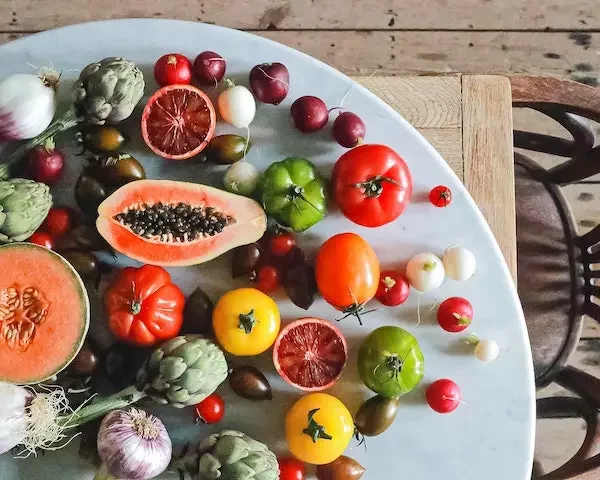
I was genuinely impressed by your article on the history of beets. Your meticulous research and the engaging manner in which you wove together historical narratives and cultural references caught my attention. It’s not every day that I come across a piece that offers such a deep dive into a topic that many might consider ordinary. The vibrant imagery you painted with your words took me on a journey, from ancient civilizations to modern-day kitchens. Out of curiosity, during your research, did you come across any particularly unique beet-related traditions or practices from around the world?
Lou
Hi Lou, thank you for your kind words. I’m delighted to hear that you enjoyed reading my article on the history of beets. I appreciate your feedback and your curiosity.
Beets are indeed a fascinating vegetable that has been cultivated and consumed by humans for thousands of years. They have a rich and diverse cultural heritage that spans across continents and civilizations. During my research, I did come across some particularly unique beet-related traditions or practices from around the world. Here are some examples:
In Poland, Ukraine, and Russia, beets are used to make a sour soup called borscht, which is often served with sour cream, dill, and bread, and can be eaten hot or cold. Borscht is a staple dish in these countries, especially during winter and festive occasions. Some people even add duck meat and broth to the soup to make it more hearty and flavorful.In Greece, children throw their lost baby teeth onto the roofs of their houses and make a wish. They believe that this will bring them good luck and health. The tradition is linked to the ancient myth of Apollo, who was born on the island of Delos, where beets were abundant.In Fiji, guests are often greeted with a drink called kava, which is made by mixing water with the ground root of a local pepper plant. Kava has a slightly narcotic effect that can relax the mind and body. It also numbs the tongue and lips, giving a sensation similar to eating raw beets.
These are just some of the examples of how beets have influenced different cultures and traditions around the world. I hope you find them interesting and informative. Thank you for reading my blog and have a wonderful day!
Hi, I found this very interesting. Although I have never been a fan of cooked vegetables, including beets. I wonder how they would taste raw. Would you recommend to eat them raw taste wise? Iam also thinking they would be good in salads. Also, if you were to try to convince someone like me that beets taste awesome, what dish would you recommend for the best tasting beets?
Hi Jake, thank you for your comment. I’m happy to hear that you found the blog post interesting. Beets are one of my favorite vegetables and I love to eat them both cooked and raw.
Raw beets have a crunchy and earthy taste that can be enhanced by adding some acidity, such as lemon juice, or some sweetness, such as honey or maple syrup. I would definitely recommend you to try raw beets in salads, as they add a nice color, texture, and flavor to any green leafy base. You can also grate them, juice them, or pickle them for more variety.
Here are some of my favorite recipes that use beets:
Raw Beet Salad: This is a simple and delicious salad that combines grated beets with balsamic vinegar, olive oil, parsley, garlic, mustard, salt, and pepper. It’s better if you let it sit for a few hours to let the flavors mingle.Raw Citrus Beet Salad: This is a vibrant and refreshing salad that pairs thinly shaved beets with orange and lime zest and juice, olive oil, salt, and chives. It’s a great way to enjoy the natural sweetness of beets and citrus fruits.Beetroot Raita: This is a creamy and tangy dish that mixes finely grated beets with yogurt, garlic, green chilies, cumin powder, and salt. It’s a traditional Indian accompaniment that goes well with parathas, pulao, or any main course meal.
But if you are feeling adventurous and want to try cooked beets in a different way, you might also like duck borscht. This is a variation of the traditional borscht, which is a sour soup made with beets, cabbage, potatoes, and other vegetables, that can be eaten hot or cold. Duck borscht is a rich and hearty soup that adds duck meat and broth to the classic recipe. It is a dish that originated from Eastern Europe, especially Poland, Ukraine, and Russia.
I hope you try and like some of these beet recipes. Thank you for reading my blog and have a great day!